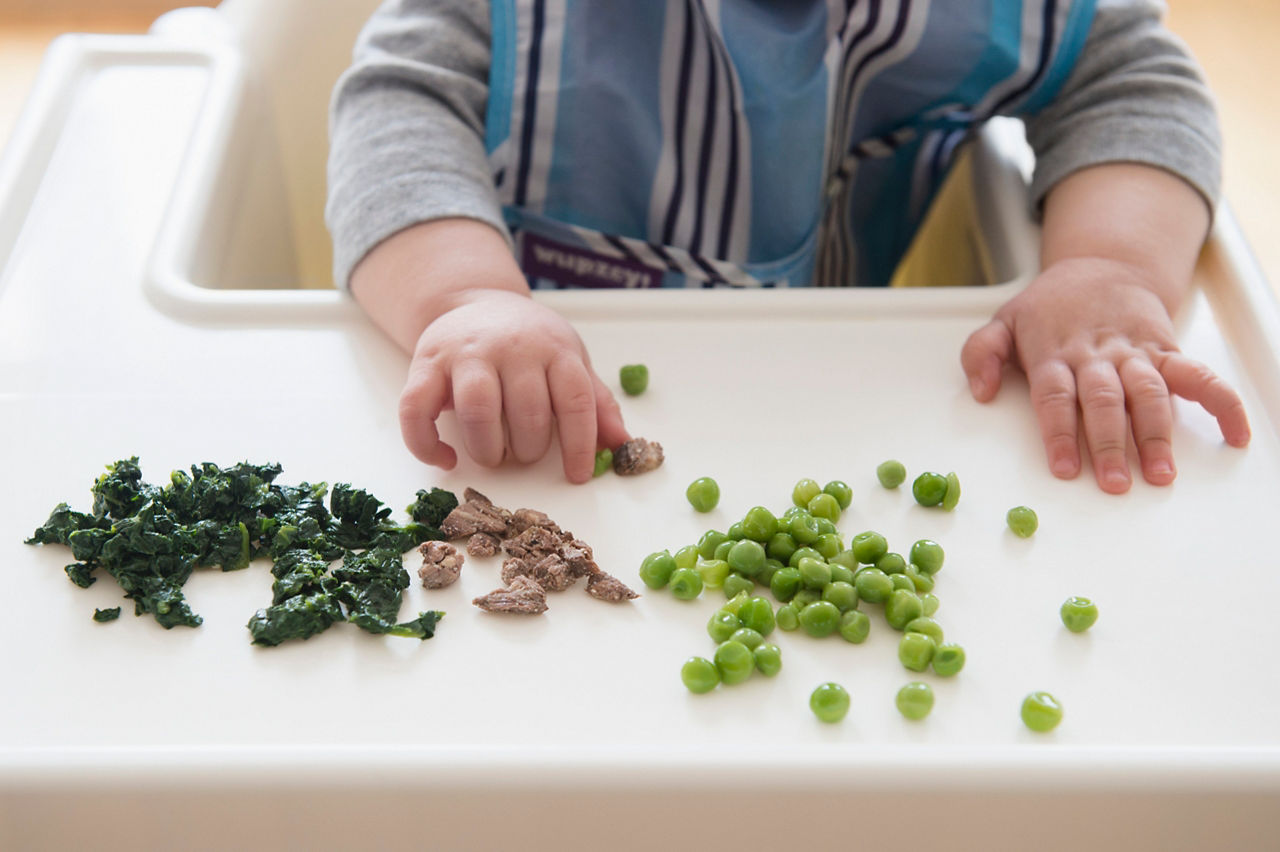Moving your child into their first bed.
It is normally recommended to keep toddlers in their cot for as long as possible and don’t normally suggest making this transition until around 2.5 to 3 years of age. Developmentally then, your child has the mental reasoning necessary to understand words like “stay in your bed all night.
Before making the big move, it is worth discussing your plans with your toddler and giving him or her a sense of ownership over their sleeping arrangements. It can sometimes be helpful to give them lots of small choices around their sleep-such as what colour pyjamas do you want to wear-purple or pink? Which two books shall we read tonight? This may also coincide with your plans to toilet train your youngster and you don’t want to overload them with lots of changes all in the one go. It might make sense to transition to the big bed first, and then tackle the training-but you will know your own toddler best.
Try to avoid switching your toddler into the big bed at the same time that a new baby may be coming into the household





